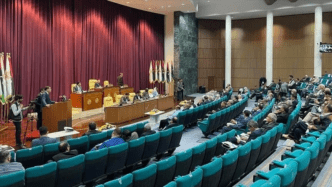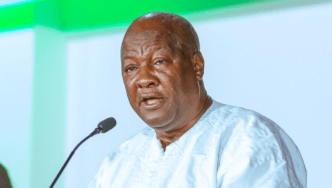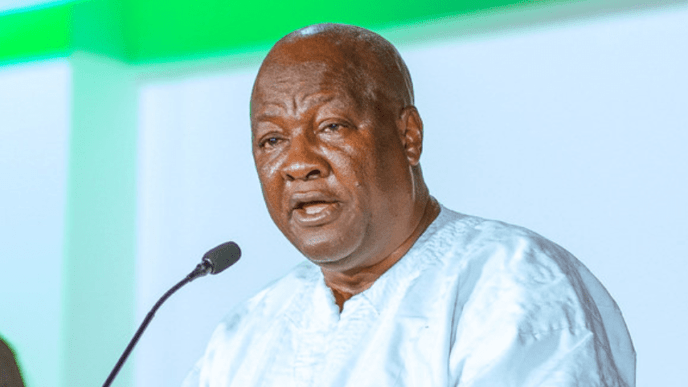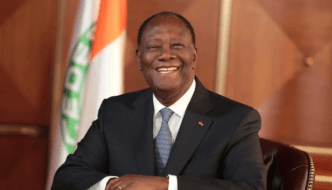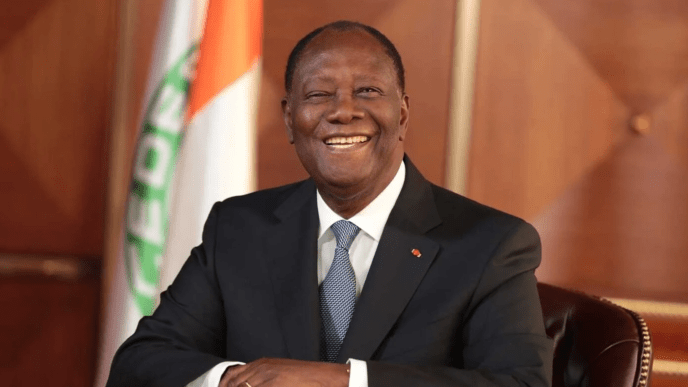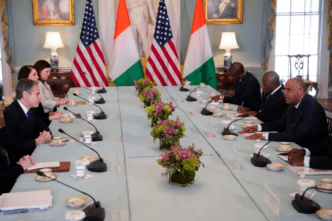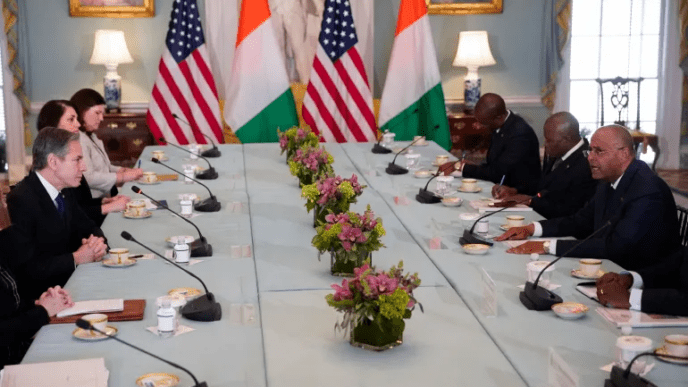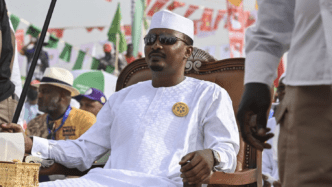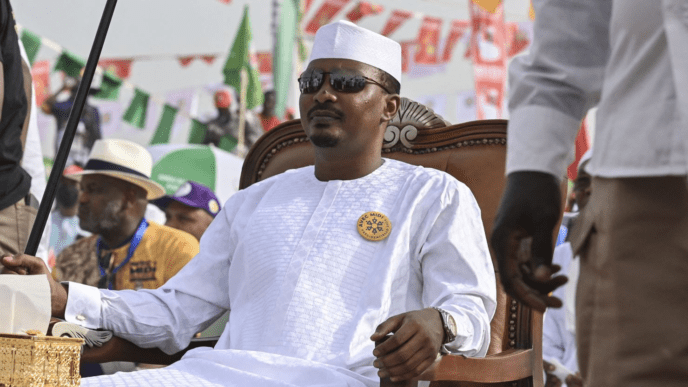TRIPOLI, Libya – In a move aimed at addressing over a decade of conflict and division, Libya’s eastern-based parliament, the House of Representatives (HoR), has passed a national reconciliation and transitional justice law.
Abdullah Belaihaq, the HoR spokesperson, announced on the X platform that the legislation was approved on Tuesday by a majority of attendees in Benghazi, Libya’s second-largest city.
Despite this legislative milestone, implementing the law poses significant challenges. Libya remains split between two rival administrations, a division that dates back to the 2014 civil war following the NATO-backed overthrow of Muammar Gaddafi in 2011.
House member Abdulmenam Alorafi expressed cautious optimism, stating, “I hope that it [the law] will be in effect all over the country and will not face any difficulty.”
The United Nations mission to Libya has consistently urged an inclusive and rights-based approach to reconciliation, emphasizing the importance of transitional justice in the North African nation’s recovery.
Political efforts to resolve Libya’s institutional divisions and years of warfare have repeatedly faltered. An election planned for December 2021 was derailed by disputes over candidate eligibility, stalling the process further.
Libya currently operates under two competing administrations. In Tripoli, the Government of National Unity (GNU), led by Prime Minister Abdulhamid al-Dbeibah, was installed through a United Nations-backed process in 2021.
However, the HoR no longer recognizes the GNU’s legitimacy, and Dbeibah has refused to relinquish power without national elections.
The country also hosts two rival legislative bodies. The HoR, elected in 2014 with a four-year mandate, was intended to oversee a political transition, while the Tripoli-based High Council of State emerged from a 2015 political agreement, drawing its members from a parliament first elected in 2012.
Efforts to promote reconciliation have faced significant obstacles. The Presidential Council, established alongside the GNU, has worked on a reconciliation initiative with the backing of the United Nations and African Union.
Despite plans for a comprehensive conference, the council has been unable to bridge the divide among rival groups, leaving Libya’s path to unity uncertain.
